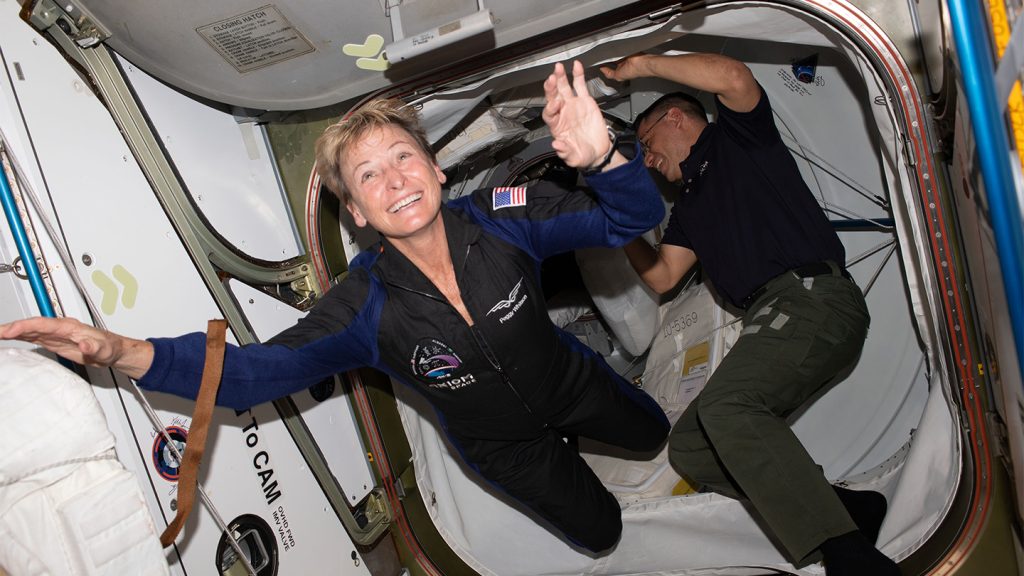Medical researchers have long been studying how spaceflight affects astronauts’ health, with common issues including bone loss, cancer risk, vision problems, weakened immune systems, and mental health challenges. A new project called the Space Omics and Medical Atlas (SOMA) aims to shed light on these questions by analyzing data from NASA and commercial missions such as Axiom and SpaceX’s Inspiration4. The growing number of private spaceflights raises ethical concerns, as no health regulations apply to space tourists like they do to professional astronauts.
One well-known study involving identical twins showed that telomeres, protective DNA end caps, lengthened in the astronaut twin during spaceflight, a process associated with cancer risk. However, molecular changes, including telomere length, immune response alterations, DNA repair changes, and stress markers, shift during space missions but mostly return to baseline upon the crew’s return to Earth. Commercial space missions like Inspiration4 also showed genetic effects similar to longer-term missions.
While the short-term spaceflights of commercial crews resulted in telomere lengthening that returned to normal post-flight, the health implications for longer Mars or moon missions are unknown. The SOMA project aims to collect data on genetic effects for both commercial and government crewed missions to address long-term health concerns. Despite small sample sizes due to the limited number of crew members on commercial flights, the data generated can guide future health research.
Ethical concerns arise due to the lack of health regulations for private space tourists compared to professional astronauts who undergo rigorous health screenings. The U.S. government’s moratorium on new safety regulations for commercial human spaceflight until 2025 raises questions about who should be allowed to fly to space. Private astronauts are advised to consult with a physician, ideally trained in spaceflight, before flying, but there is no enforcement to ensure compliance, posing potential risks for individuals with undisclosed health issues.
Legislators are encouraged to address these ethical dilemmas surrounding health regulations for private space tourists before the moratorium ends in 2025. The urgency to establish health guidelines for space travelers is crucial as more commercial space missions are conducted. While efforts to address complex space ethics issues are essential for future space exploration, addressing current health regulation gaps for private space tourists is a pressing matter that requires prompt attention and regulatory action before more individuals venture into space.


